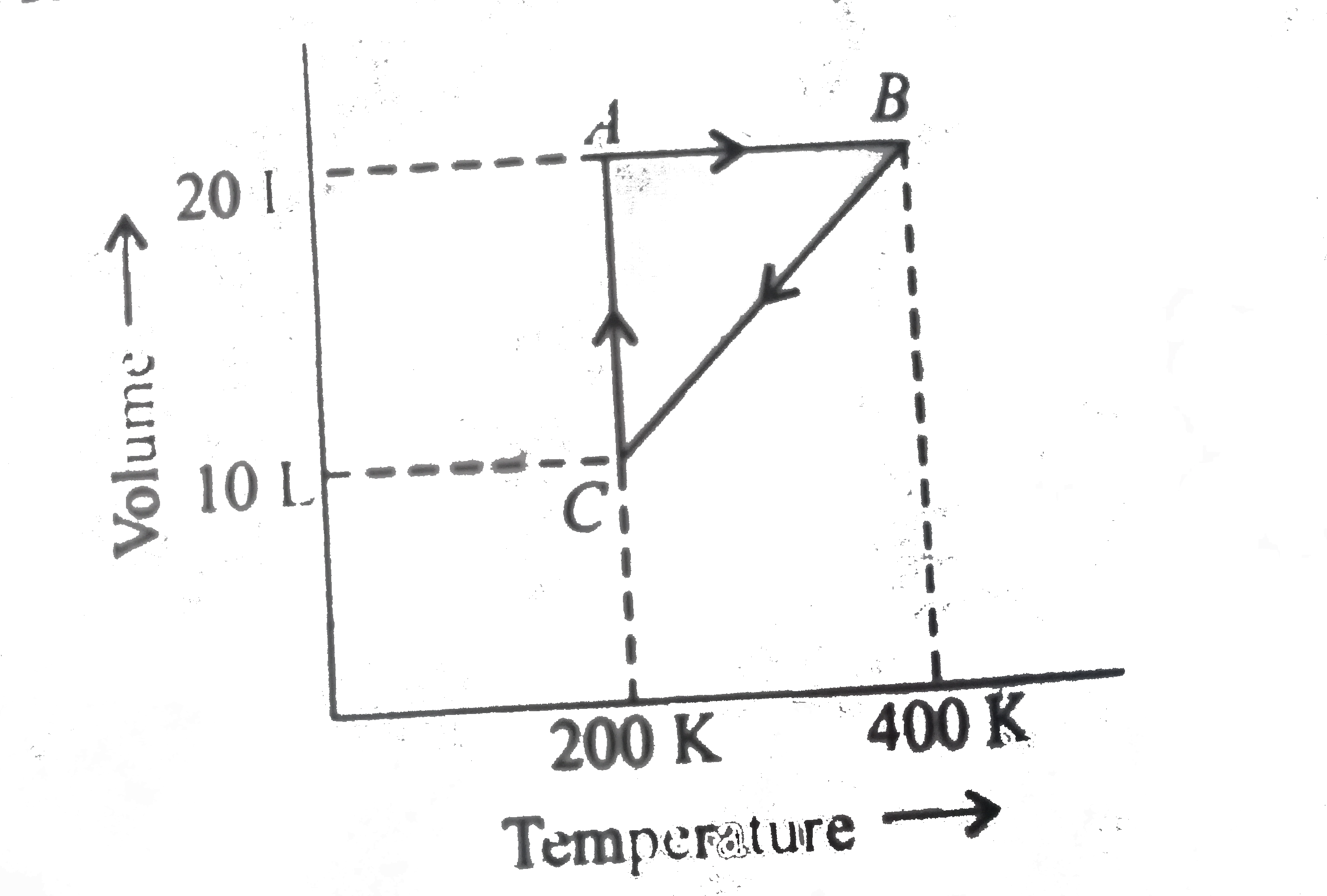If P and Q are the sum of odd terms and the sum of even terms respectively in the expansion of (x+a)n then prove that
P2−Q2=(x2−a2)n
To prove that P2−Q2=(x2−a2)n, where P is the sum of the odd terms and Q is the sum of the even terms in the expansion of (x+a)n, we can follow these steps:
Step 1: Write the Binomial Expansion
The binomial expansion of (x+a)n is given by:
(x+a)n=n∑k=0(nk)xn−kak
Step 2: Identify Odd and Even Terms
In this expansion:
- The even terms correspond to the terms where k is even (i.e., k=0,2,4,…).
- The odd terms correspond to the terms where k is odd (i.e., k=1,3,5,…).
Step 3: Express P and Q
The sum of the odd terms P can be expressed as:
P=∑k odd(nk)xn−kak
The sum of the even terms Q can be expressed as:
Q=∑k even(nk)xn−kak
Step 4: Use the Sums of Odd and Even Terms
From the properties of binomial expansions, we can derive:
P+Q=(x+a)n
P−Q=(x−a)n
Step 5: Derive P2−Q2
Using the identity P2−Q2=(P+Q)(P−Q):
P2−Q2=(P+Q)(P−Q)
Substituting the expressions from Step 4:
P2−Q2=(x+a)n(x−a)n
Step 6: Simplify the Expression
Using the difference of squares:
(x+a)(x−a)=x2−a2
Thus, we can write:
P2−Q2=(x2−a2)n
Conclusion
We have shown that:
P2−Q2=(x2−a2)n
The binomial expansion of (x+a)n is given by:
In this expansion:
- The even terms correspond to the terms where k is even (i.e., k=0,2,4,…).
- The odd terms correspond to the terms where k is odd (i.e., k=1,3,5,…).
The sum of the odd terms P can be expressed as:
From the properties of binomial expansions, we can derive:
P−Q=(x−a)n
Using the identity P2−Q2=(P+Q)(P−Q):
Using the difference of squares:
We have shown that:
Similar Questions
Knowledge Check
If P be the sum of odd terms and Q be the sum of even terms in the expansion of (x+a)n, then (x+a)2n+(x−a)2n is
(i) P2−Q2
(ii) P2+Q2
(iii) 2(P2+Q2)
(iv) 4PQAP2−Q2BP2+Q2C2(P2+Q2)D4PQ
If P be the sum of odd terms and Q be the sum of even terms in the expansion of (x+a)n, prove that
(i) p2−Q2=(x2−a2)n
View SolutionIf A and B are the sums of odd and even terms respectively in the expansion of (x+a)n then (x+a)2n−(x−a)2n=
View SolutionIf P be the sum of odd terms and Q be the sum of even terms in the expansion of (x+a)n, prove that
(iii) 2(P2+Q2)=(x+a)2n+(x−a)2n.
View SolutionIf the sum of odd terms and the sum of even terms in the expansion of (x+a)n are p and q respectively then p2+q2=
View SolutionIf P be the sum of odd terms and Q be the sum of even terms in the expansion of (x+a)n, prove that
(ii) 4PQ=(x+a)2n−(x−a)2nand
View SolutionIf o be the sum of odd terms and E that of even terms in the expansion of (x+a)n prove that: (i)O2−E2=(x2−a2)n (ii) 4OE=(x+a)2n−(x−a)2n (iii) 2(O2+E2)=(x+a)2n+(x−a)2n
View SolutionIf the sum of odd terms and the sum of even terms in (x+a)n are p and q respectively then p2+q2=
View Solution

